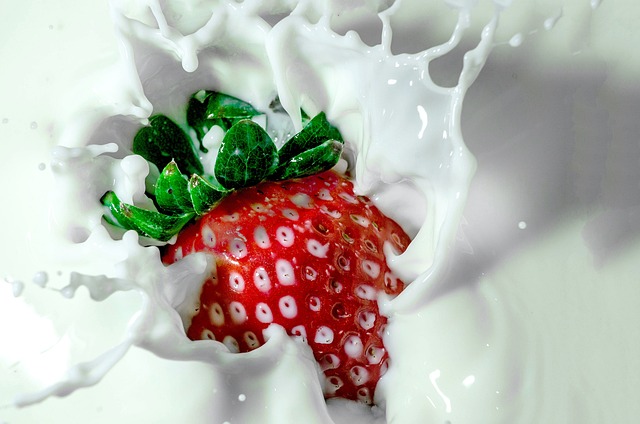The Science Behind Probiotics: Separating Fact from Fiction
Probiotics have been gaining a lot of attention lately, particularly for their potential health benefits. Probiotics are live microorganisms that, when consumed in adequate amounts, offer health benefits to the host. These microorganisms are often referred to as “good” or “friendly” bacteria, as they reside in the gut and help support gut health. But what is the science behind probiotics, and what benefits can they really offer? In this article, we’ll separate fact from fiction and explore the latest research on probiotics.
What Are Probiotics?
Probiotics are microorganisms that can be found in certain foods, supplements, and even in the human body. Most commonly referred to as bacteria, probiotics can also include yeasts and other microorganisms that can have health benefits when consumed in adequate amounts.
The most commonly used probiotics are species from the Bifidobacterium and Lactobacillus families. These probiotics can be found in fermented foods such as yogurt, kefir, kimchi, sauerkraut, and other fermented vegetables. They are also available in supplement form, typically in the form of capsules or tablets.
How Do Probiotics Work?
Probiotics work by colonizing the gut with beneficial microorganisms. They help support gut health by creating a barrier against harmful microorganisms that can cause infection, inflammation, and other health problems. Probiotics also help support immune function, as a significant amount of the body’s immune system is located in the gut.
Probiotics can also aid in the digestion of food and absorption of nutrients. They can help break down complex carbohydrates, proteins, and fats that can be difficult for the body to digest on its own.
What are the Health Benefits of Probiotics?
Probiotics have been shown to offer numerous health benefits. Some potential benefits include:
- Improved gut health
- Reduced inflammation
- Improved immune function
- Better digestion and nutrient absorption
- Lower risk of infections
- Reduced symptoms of irritable bowel syndrome (IBS)
- Improved mental health and anxiety
- Better oral health
What Does the Research Say?
While there is still much to learn about probiotics, the research on their benefits has been promising. A 2017 meta-analysis of over 30 studies found that certain strains of probiotics can improve symptoms of IBS, reduce inflammation, and improve immune function.
Another study found that probiotics can help prevent and treat urinary tract infections, while a systematic review found that probiotics can help reduce the risk of upper respiratory tract infections.
Some studies have also shown a link between probiotics and improved mental health. One study found that consuming a specific strain of probiotic known as Lactobacillus plantarum 299v led to a reduction in anxiety and depression symptoms in participants experiencing chronic fatigue syndrome.
Separating Fact from Fiction
While probiotics have been shown to offer health benefits, it’s important to separate fact from fiction when it comes to their use. Some common myths about probiotics include:
- Myth: Probiotics are just for gut health.
Fact: While probiotics are commonly associated with gut health, their benefits go beyond the gut. Probiotics have been shown to offer immune support, improve mental health, and improve oral health, among other potential benefits. - Myth: All probiotics are the same.
Fact: There are numerous strains of probiotics, and each strain can offer different health benefits. It’s important to choose a probiotic that contains a strain that is appropriate for your specific health needs. - Myth: Probiotics are harmful to health.
Fact: While there have been some concerns raised about the safety of probiotics, particularly in individuals with compromised immune systems, the overall safety profile of probiotics is considered to be very good.
How to Choose a Probiotic
Choosing the right probiotic can be overwhelming, given the wide variety of







